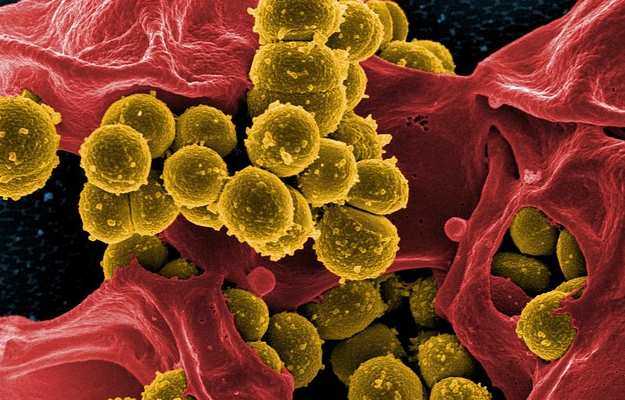What is Inflammatory Disease?
Inflammation is a natural response of your body to trauma or injury. It marks the beginning of a healing process; however, when an inflammatory response is dysregulated, the normal protective response becomes harmful and causes disease. Such a disease is referred to as an inflammatory disease. A wide array of diseases, such as autoimmune disorders, allergies, asthma, hepatitis, inflammatory bowel disease (IBD), and glomerular nephritis, constitute inflammatory diseases.
What are its main signs and symptoms?
Inflammation is the body’s immune response. It can be an acute or chronic. The following signs are observed:
- Pain
- Redness
- Swelling
- Immobility of a joint
- Muscular pain and spasms
- Fever
- Fatigue
- Mouth sores
What are the main causes?
Although inflammatory diseases are caused due to dysregulated inflammatory response, the factors that lead to such inappropriate inflammatory responses are the main causes of inflammatory diseases. Some factors are mentioned below:
- Injury
- Infection
- Genetic factors
- Stress
- Smoking, alcohol or other drug abuse
- Exposure to silica and other allergens
How is it diagnosed and treated?
For proper diagnosis, the first step is to obtain a complete medical history and carry a thorough physical examination to study the visible symptoms. Diagnosis involves the following tests:
- Blood test
- Muscle biopsy
- Histological examination of skin tissues
- X-ray, ultrasound, CT and MRI studies
Please note that a differential diagnosis is recommended in case of autoimmune disorders as their symptoms are overlapping. Hence, immunosorbent assays are carried out to detect the presence of a particular antibody expressed in a particular autoimmune inflammatory disease.
Treatment for inflammatory diseases focuses mainly on inflammatory pathways or immune responses to different stimuli. The following treatment can be given:
- Medications
- Non-steroidal anti-inflammatory drugs (NSAIDs)
- Steroids
- Immune suppressants
- Muscle relaxants
- Biological agents
- Surgical replacement of joints
Do not overlook the symptoms and signs of inflammation as chronic illnesses need long-term treatment. Yoga and meditation help you to keep stress away. Staying healthy, eating nutritious food and refraining from stress are the takeaways for you.

 OTC Medicines for Inflammatory Disease
OTC Medicines for Inflammatory Disease
 Inflammatory Disease articles
Inflammatory Disease articles News for Inflammatory Disease
News for Inflammatory Disease





 Dt. Akanksha Mishra
Dt. Akanksha Mishra

 Dr. Suvansh Raj Nirula
Dr. Suvansh Raj Nirula












